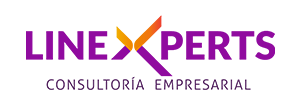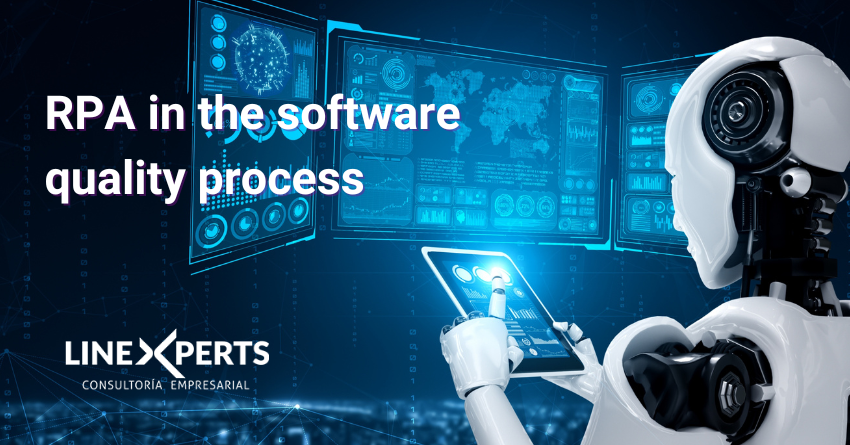Fundamentals of Software Quality Control
The Fundamentals of Software Quality Control presents models and standards defined for the quality assurance of a computer system, either in its processes and/or together with the management and dimension of the system itself.
Software quality management consists of managing the project and/or product from the beginning of the project life cycle (analysis, design, development, testing, release to production and assurance) and during the product life cycle (introduction, growth, maturity, decline and demise).
At each stage, either of the software construction project or during the software product life cycle, processes for quality assurance (processes) and for quality control (product) must be contemplated.
The quality assurance processes will be immersed in the manufacturing processes - software construction so that, from the beginning of the project itself, actions and/or activities are implemented to ensure a correct construction and a timely follow-up that results in the generation of software pieces that correspond to the required functionalities and technical specifications.
The quality control processes will be focused on proving (certifying) that each of the pieces of software under construction and/or built comply with the functionality and technical requirements that were defined since and during the development of the software.

From the above, it is possible to mention some aspects about the Software Quality Fundamentals that can be used to define the processes for the construction of computer systems, and the correct development of projects to facilitate their management (administration) to the companies.
Software quality control
Before knowing what software quality control means, it is necessary to define separately the three terms: "control", "quality" and "software". The first refers to a set of activities and techniques used to verify - certify a product.
On the other hand, ISO 8402 (International Standard Organization) defines quality as a set of characteristics of an organization or company that gives it the tools to satisfy explicit and implicit needs.
In other words, it refers to the conformity or degree of compliance of a product. Customers have the right to measure the quality of a product, therefore, the perception they have plays an important role in quality.
Software is a computer program that allows a company to perform different tasks in a better way, which can be with fewer resources, faster, less expensive and taking place fewer errors, among other benefits.

In the case of software development projects, the results are measured in the final product, which must contemplate quality assurance and quality control processes, whose product (software) maintains the coherence of the functional requirements and the established performance, with the standards and documented development processes.
How to achieve software quality?
To achieve software quality, it is suggested to take into account the following aspects:
- Quality is managed from the beginning; it is not the outcomeof magic.
- Quality requirements take into account the end-user requirements.
- Software development processes must be interrelated and connected with quality assurance and quality control processes in order to have a greater certainty of being able to meet the user's requirements.
- Quality is a system that includes processes before, during and after the manufacturing of the software parts that in the end are integrated in a program and/or application system.
- Quality must be verified, validated using different metrics in the project development cycle and during the product life cycle. Software testing measures the degree of quality that the product has at each moment.

Terminologies in the Fundamentals of Software Quality Assurance
There are other terminologies used in the Fundamentals of Software Quality Control, in order to solidly establish the quality management of a computer program.
If these are definitions, it is suggested to cite the sources used.
- Quality assurance. It alludes to the planned and systematic actions that are essential to create confidence between the product and the user.
- Quality management system. It is a structure linked to the organization, where there are processes, responsibilities and resources established to carry out quality management.
- Quality assurance. Set of automated activities that give trust about a product, and that it complies with market requirements.






